The world of professional sports has always been intense competition and breathtaking athleticism. However, behind the glory and excitement lies a deep concern for the well-being of the athletes who make these spectacles possible. In recent times, the issue of head injuries suffered by professional athletes has ignited a fiery debate, shedding light on the question of who should be held accountable for their compensation. Prepare to be astounded as we unravel the secrets behind workers’ compensation exclusions, examine the role of private insurance policies, and explore potential negligence claims. The journey may be arduous, but with the dedicated team of Evolve Legal Personal Injury Lawyers, you can rest assured that your rights will be fiercely protected.
Background – Concussions and Head Injuries in Professional Sport
The issue of who pays compensation for concussion and head injuries suffered by professional athletes has been cast into the spotlight recently following the recent Senate Inquiry into Concussion and Repeated Head Trauma in Contact Sports and the launch of two class action lawsuits against the AFL.
Concussion in sports is a serious issue, where repeated head knocks may develop into life-threatening or debilitating long-term conditions. It can lead to second impact syndrome, post-concussion syndrome or chronic traumatic encephalopathy (CTE), such as suffered by late NRL legend, Paul Green.
A barrier that can arise when bringing a claim for any sporting injury in the Australian legal system is the defence of voluntary assumption of risk which applies in circumstances where the plaintiff was fully aware of the risk, fully appreciated its nature and extent, and freely and willingly accepted the risk.
However, this defence will not always apply and is particularly complex in cases of concussion where the long-term impacts of repeated head knocks are only being discovered, including the link to chronic traumatic encephalopathy (CTE). Generally, claims for concussion or repeated head injuries are yet to be tried and tested in higher courts in the Australian legal system. In America, more than 4,500 former NFL players brought legal proceedings against the NFL, claiming that it had wilfully misled them regarding the long-term impact of head injuries. The case ended up settling for $765 million, but the NFL did not admit liability.
Most sporting codes now have mandatory stand-down periods, such as the 11-day exclusion period recently introduced by the NRL. However, the medicine is unclear as certain studies indicate that a 28-day stand-down period should be applied. The CEO of Concussion Australia, Brendan Swan, told the recent Senate Inquiry into Concussion that the AFL and NRL are “more concerned with the legal liability as opposed to the player health.” There are now several cases on foot for negligence against the AFL, World Rugby, individual AFL clubs and even private facilities. For example, former Richmond AFL player Ty Zantuck has recently brought a claim against his former club, where he has alleged the club failed in its duty of care to monitor and treat concussion and its symptoms properly. He was also granted an extension to the limitation period, with the court finding that the delay in commencing action was reasonable for various reasons, including his recent diagnosis of suspected CTE in 2021.
Workers Compensation
Interestingly, professional sports players are excluded from claiming workers’ compensation in most states and territories in Australia. In Queensland, the Workers Compensation and Rehabilitation Act 2003 specifies that a person who performs work under a contract of service as a professional sportsperson is not a “worker” whilst the person is participating in, training for, or preparing for a sporting or athletic activity.
At the recent Senate Inquiry into Concussion, Dr Eric Windholz, a lecturer at Monash Law School, stated that “exemptions from state and territory workers compensation schemes exist for professional players, denying them the protections afforded to other Australian workers. They also are inequitable to taxpayers. In the absence of workers compensation, the primary medical insurance obligation transfers to Medicare, shifting the obligation from the employer sporting organisation and state government to taxpayers and the federal government.”
Private Insurances
One potential compensation source is private insurance held by the individual players themselves, such as income protection, trauma or total permanent disablement (TPD) policies. However, payouts under these policies would depend on the nature and scope of the policy itself. Former AFL player Shaun Smith received a $1.4 million insurance payout from MLC Life Insurance, where they found he had been totally and permanently disabled due to repetitive head knocks he sustained during his AFL career.
Conversely, many employer-funded insurance arrangements for professional athletes lapse upon the completion of their contract or within a short period following the end of their contract. Some insurance policies exclude head injuries altogether. This is often inadequate where injuries may arise years after a professional athlete’s career ends. This is especially relevant given that evidence now suggests a potential connection between CTE and repeated concussion, which generally only arises many years after the injuries occur.
The issue of compensation for professional athletes suffering concussion is a complex issue with many different facets. Unfortunately, in many cases, players may be excluded from workers’ compensation and unable to bring an action for their injuries, meaning they are left to fund expensive treatment out of their pocket or through Medicare.
What about the non-professional or community athlete?
For non-professional athletes, there may be other potential avenues for support. Some community-style sporting clubs provide player insurance with registration fees. This might provide some short-term benefits, such as a contribution to medical expenses if the player was injured whilst playing.
They may be able to explore a public liability claim (if negligence can be proven).
In some circumstances, a claim under the consumer guarantee provisions of the Australian Consumer Law could be invoked if a concussion injury occurred whilst playing sport at a commercial business.
EVOLVE LEGAL – HOW WE CAN HELP
At Evolve Legal Personal Injury Lawyers, we prioritise your well-being and fight for your rights. We understand the financial burden that expensive medical treatment can impose, and we are committed to ensuring you receive the necessary support.
Our track record speaks for itself. We have successfully represented numerous athletes in their pursuit of compensation for head injuries, and we are ready to advocate for you. We will handle all aspects of your case, from gathering evidence and negotiating with insurance companies to representing you in court, if necessary.
Don’t let the complexities of the legal system and the challenges of seeking compensation discourage you. Contact Evolve Legal Personal Injury Lawyers today to schedule a consultation. Together, we will fight for justice and help you on your journey to recovery.
Remember, time is of the essence. There are strict deadlines for filing claims, so don’t delay in seeking legal assistance. Reach out to Evolve Legal Personal Injury Lawyers now and let us guide you towards the compensation you deserve.
Posted in: Latest News, Personal Injury
May 31 2023




